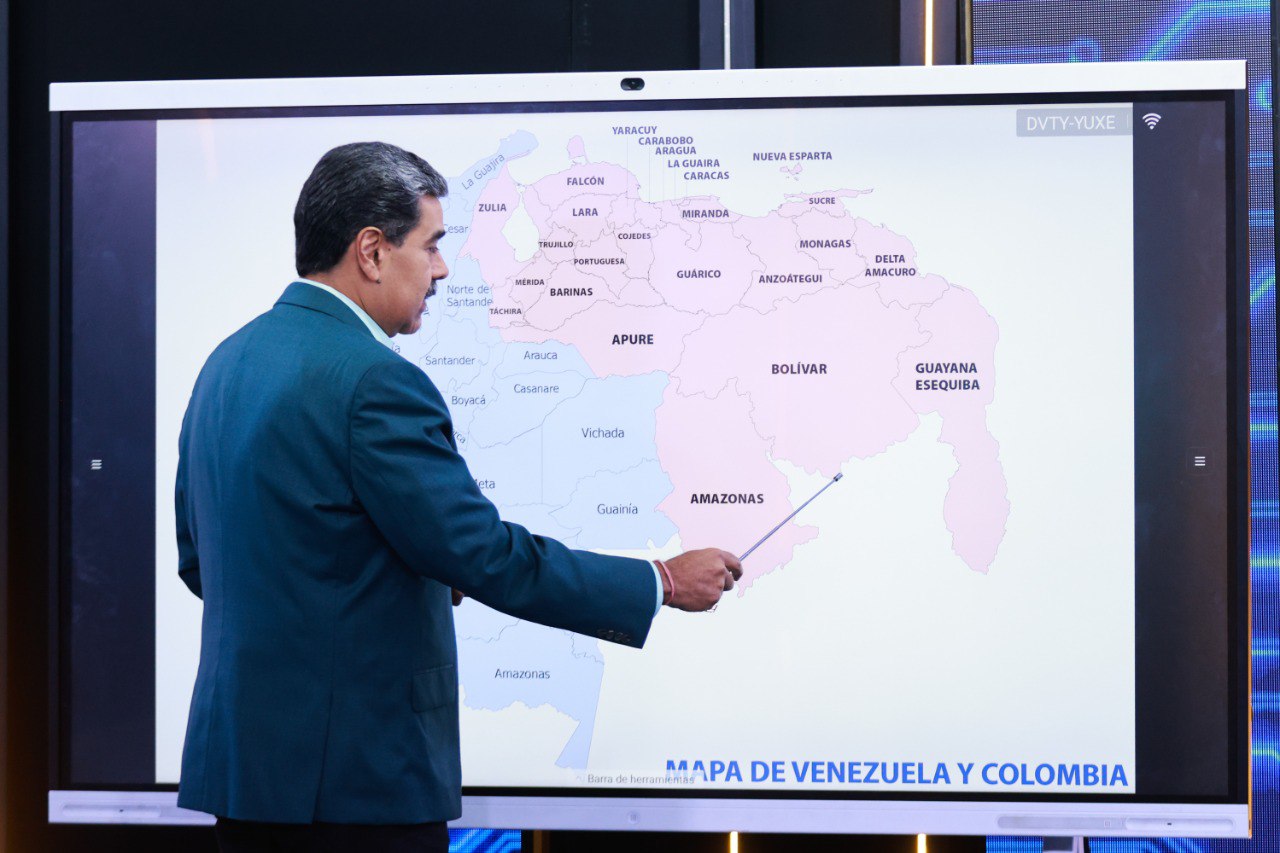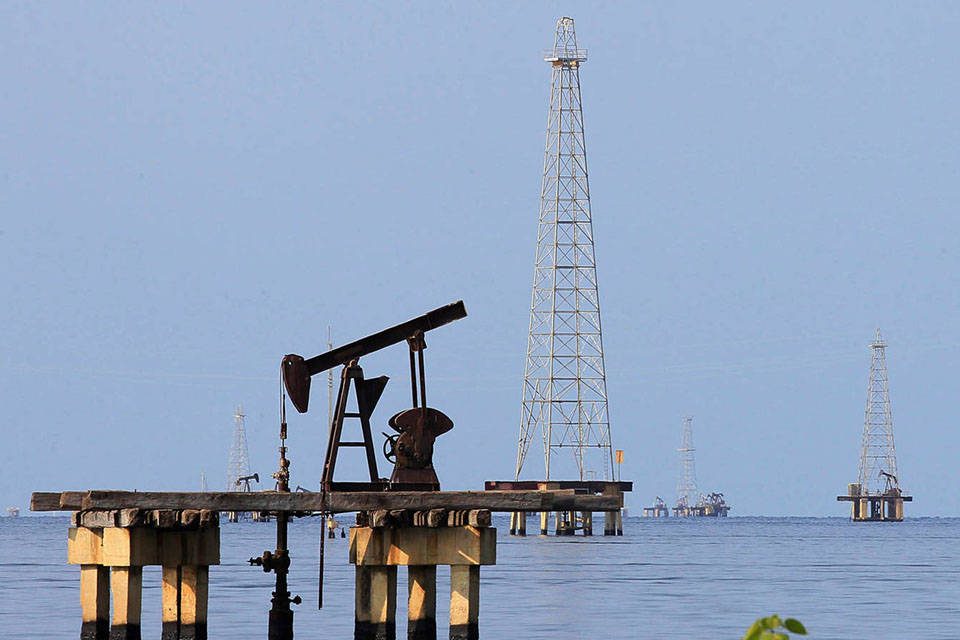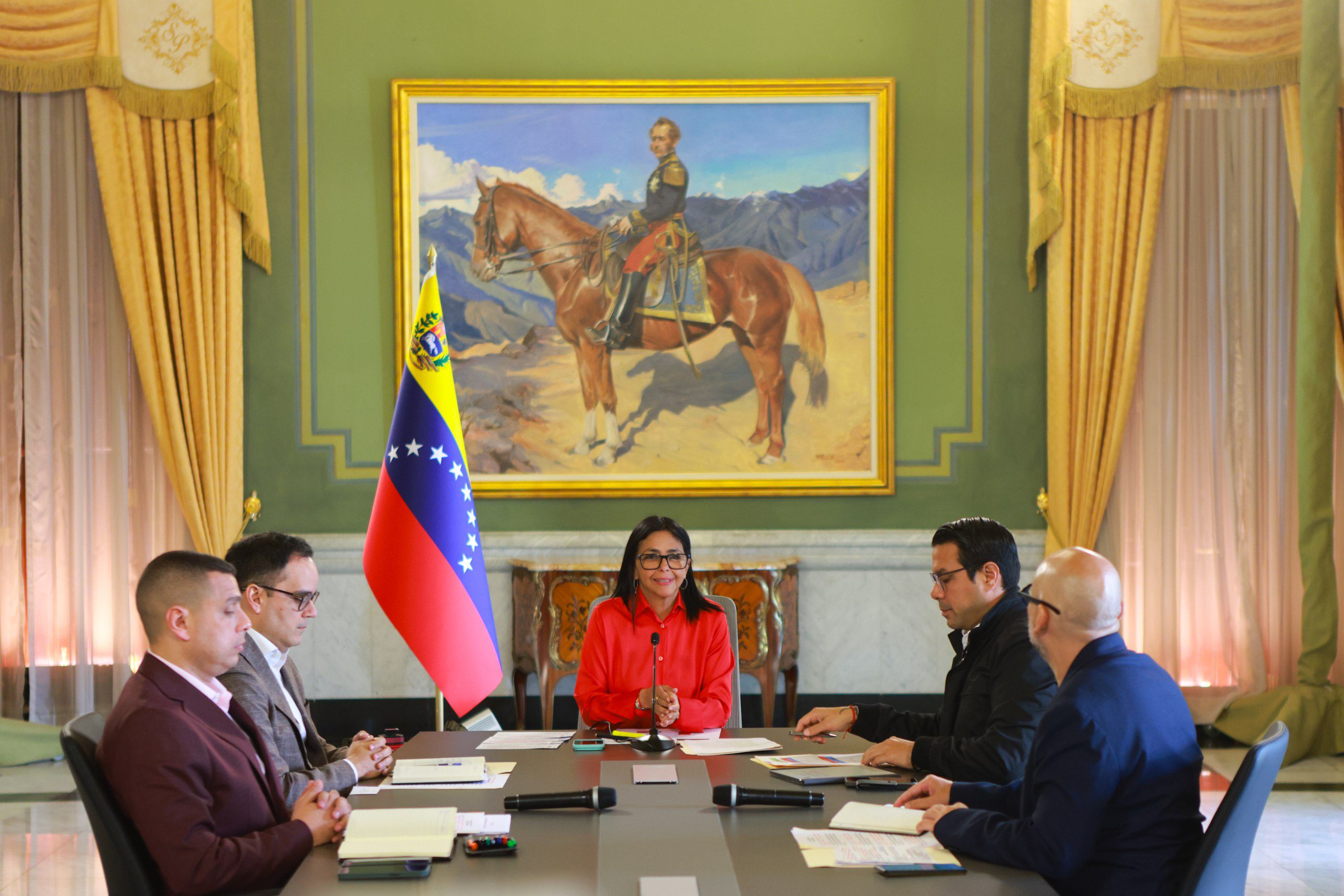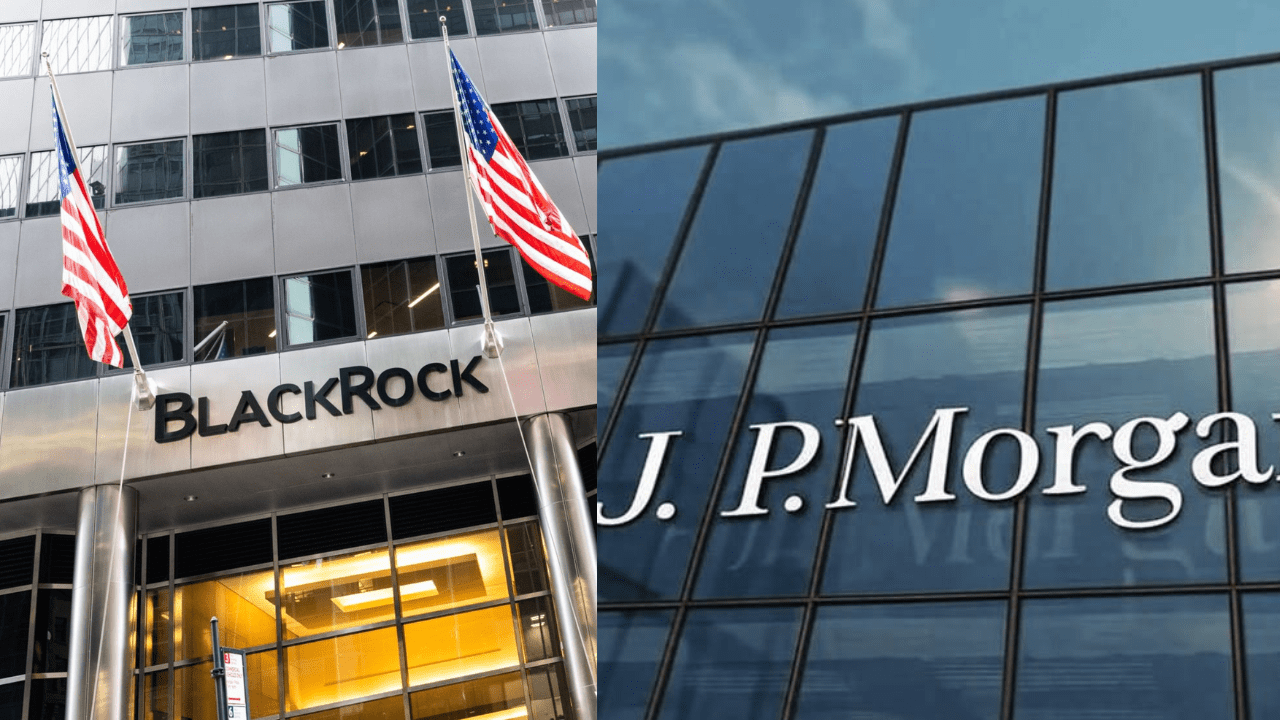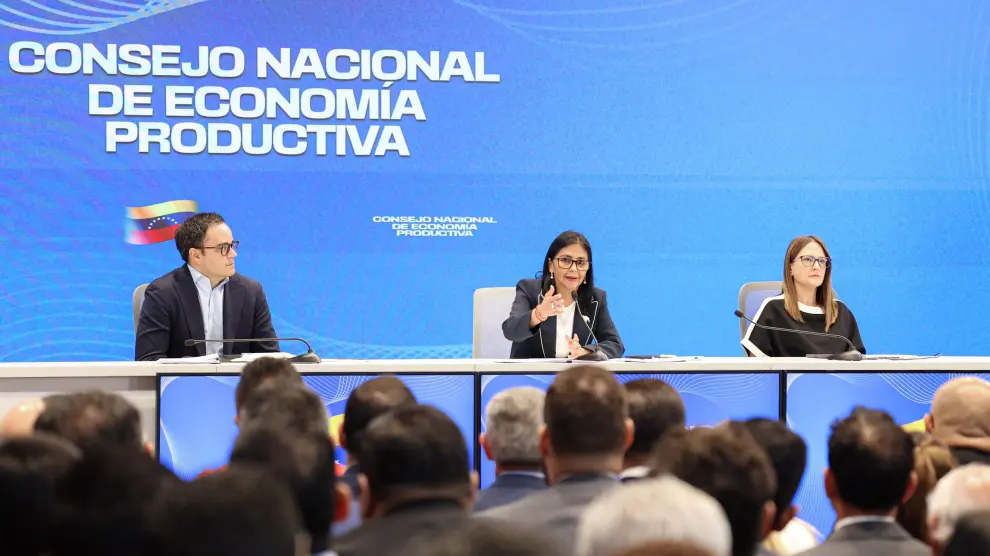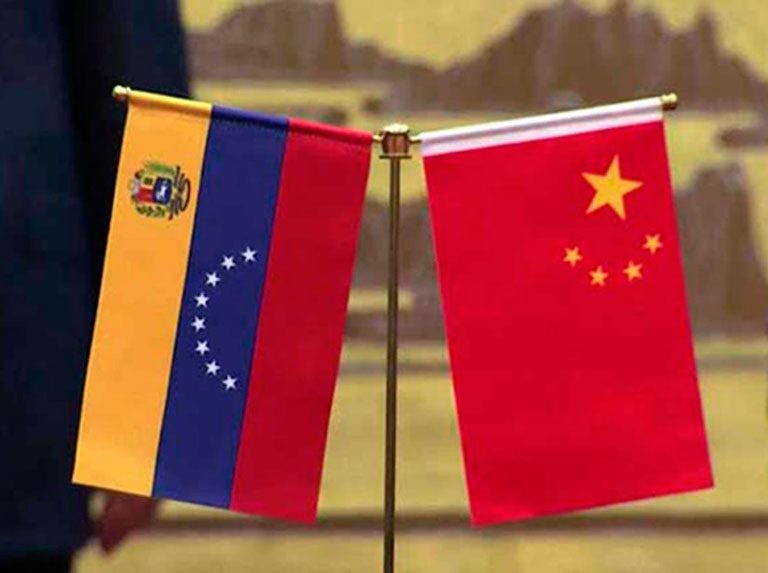The state of economic emergency began this April. Photo: Social media.
Guacamaya, August 11, 2025. The Venezuelan government announced this Friday a 60-day extension of the state of economic emergency decree, originally signed in April by President Nicolás Maduro, in response to the escalating trade war with the United States.
The decision, formalized in Extraordinary Official Gazette No. 6,924, comes amid increased tariff pressures from Washington, which recently imposed a 15% hike on various Venezuelan products and a 25% levy on buyers of crude oil and gas from the South American country. According to U.S. official estimates, the new scheme could generate additional revenue of around $50 billion monthly.
Via Telegram, Executive Vice President Delcy Rodríguez stated that the renewal of the decree seeks to “continue defeating imperial sanctions, preserve economic stability, and guarantee the full enjoyment of rights for the Venezuelan people.”
The measure grants Maduro special powers to enact temporary regulations aimed at restoring economic balance, authorize urgent contracts, suspend national, state, and municipal tax collections, and streamline administrative procedures. It also includes the centralization of special fees and contributions in the National Treasury, with the possibility of redirecting resources from existing public funds.
The initial decree, approved in April for a 60-day period, can be extended again for an equal term if the government deems it necessary. With this renewal, the administration seeks to shield the national productive sector and maintain maneuvering capacity in what it considers a “hostile” international environment, designed to “generate distortions in the country’s financial, monetary, and fiscal systems.”
International Precedents
Similar measures have been implemented in other nations under economic sanctions pressure.
– In Iran, the government has enforced special decrees since 2018 to centralize foreign exchange, regulate imports, and prioritize strategic sectors in response to U.S. restrictions.
– In Russia, following Western sanctions in 2014 and their expansion in 2022, authorities activated capital controls, subsidies for domestic production, and trade-redirection mechanisms toward Asia.
– In Cuba, the so-called “Special Period” in the 1990s led to decrees that reorganized the economy, expanded the use of foreign currencies, and authorized new forms of property to counter the U.S. embargo.
These precedents show that sanctioned governmentsoften adopt exceptional legal frameworks to concentrate resources, prioritize key sectors, and circumvent international trade restrictions—though outcomes vary depending on each country’s political context and economic capacity.

